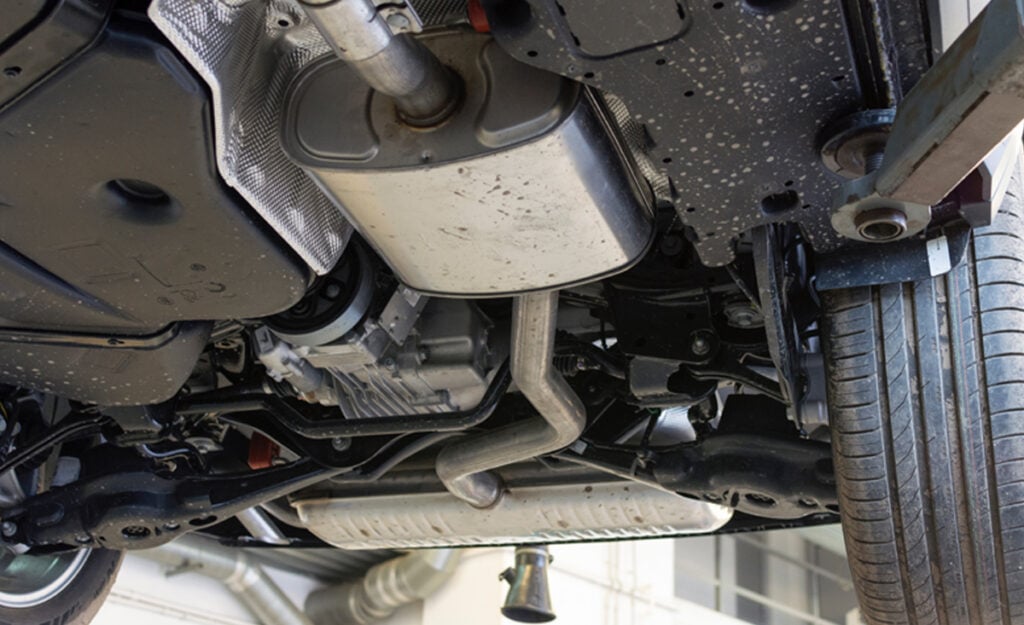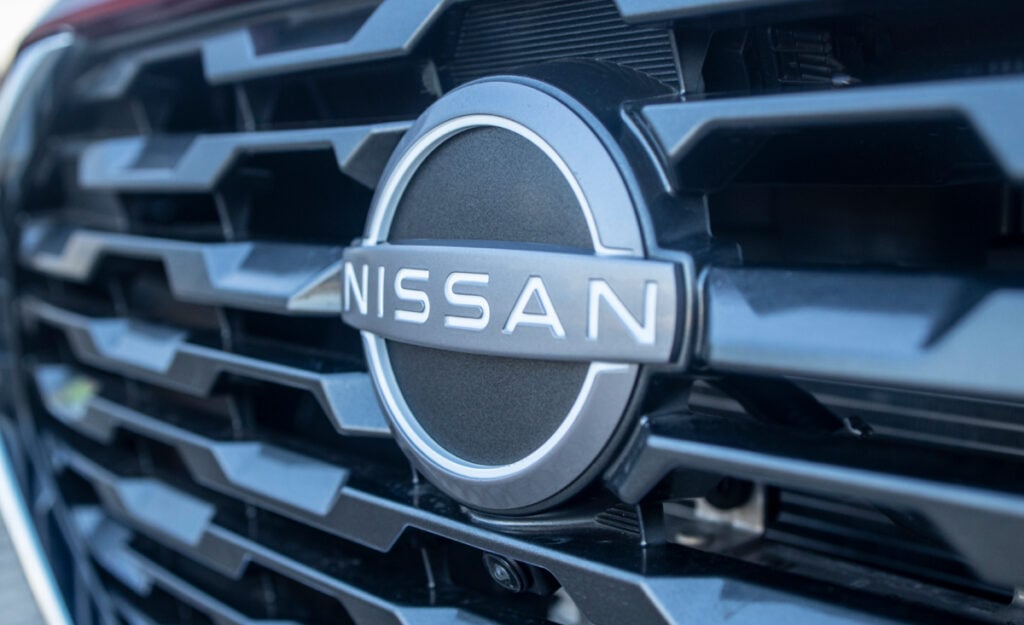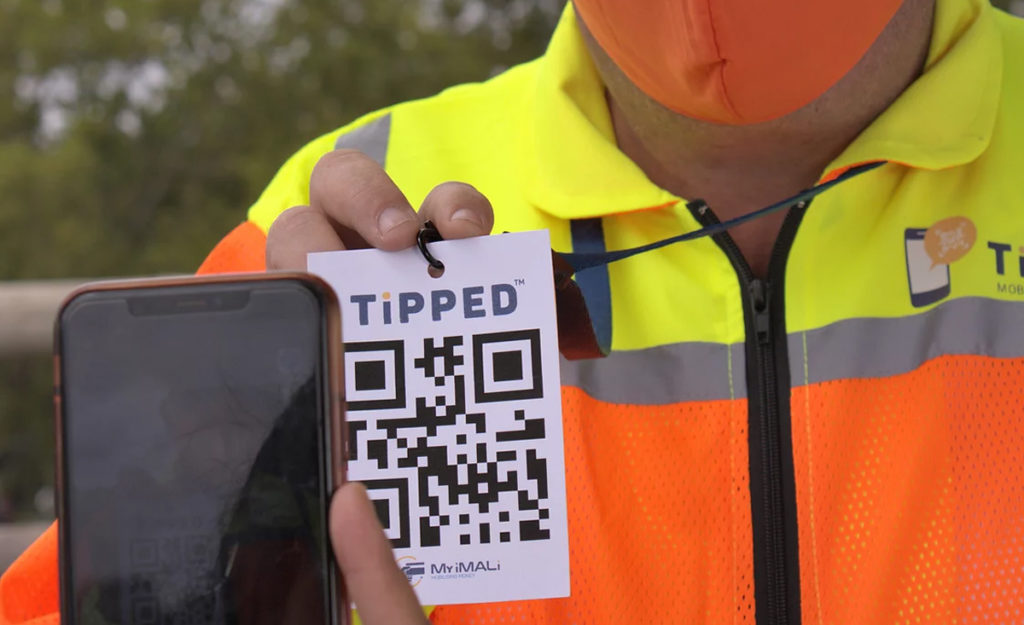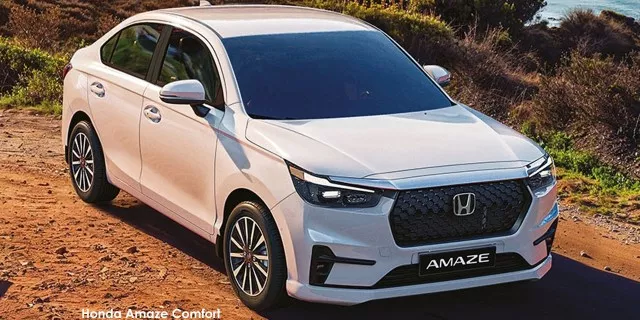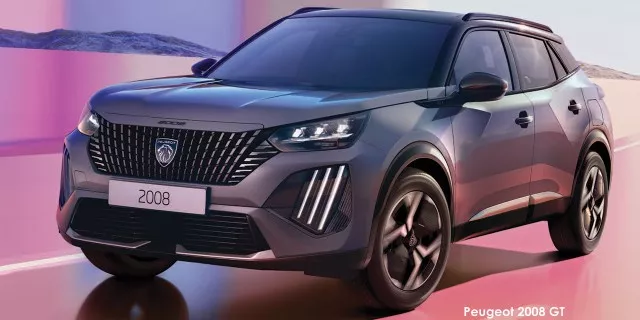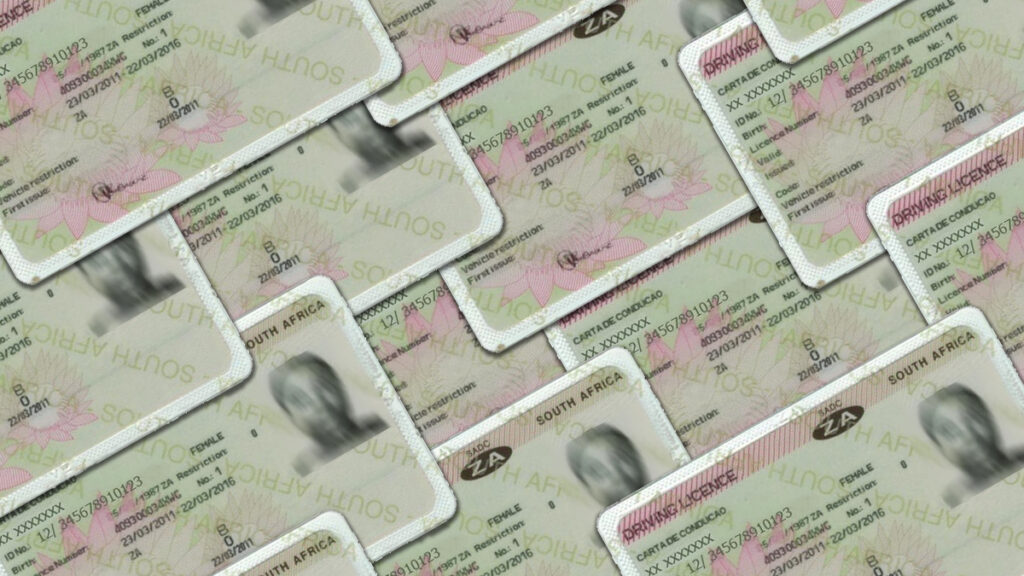
South Africa’s only driver’s licence card printing machine is out of order, resulting in massive delays for motorists trying to renew their cards.
This is far from the first time that this has happened, too, as the country’s only printer is decades old and has been due for a replacement for over a decade.
While the Driver’s Licence Card Account (DLCA) and the Department of Transport (DoT) are currently trying to procure a new printer, the tender process has been mired in controversy leading to several delays.
In light of this, groups like the Organisation Undoing Tax Abuse (Outa) are pushing for major changes to South Africa’s driver’s licence card system, from longer validity periods to a new printing assistant.
Outa recently published an open letter to Transport Minister Barbara Creecy calling for urgent reforms to the nation’s driver’s licence card system.
In an interview on 702, Outa CEO Wayne Duvenage stated that the DoT has acknowledged that it has received the letter, but has yet to formally respond.
He argued that the current dilemma involving the broken printer is something that could have been avoided, as the process to acquire a new machine should have taken place 10 years ago.
“It’s a debacle that should have been resolved a long time ago,” he said.
This issue has been exacerbated by the recent controversy regarding the licence tender, in which several irregularities were discovered by the Auditor-General following the selection process.
“For the last five years, this whole tender process has been manipulated so badly that we had to stop it the last time when it was awarded to Idemia because of all the irregularities,” said Duvenage.
“Everybody wants to get their cut. It’s so corrupt. It’s so out of line.”
Looking for a solution

Duvenage then proposed multiple potential solutions that could decrease motorists’ reliance on the DLCA to receive their new licences.
It was suggested that the Government Printing Works (GPW), which is responsible for producing the country’s ID cards, could also print driver’s licences.
He mentioned that the DoT previously explored this option with the GPW but opted to go its own way, effectively limiting different aspects of government to their own silos with no inter-departmental assistance.
Duvenage alleged that a possible reason for this decision is due to the money that can be made from the current system, incentivizing the DoT to maintain the status quo.
It was argued that it would be far easier and cheaper to rely on the GPW instead of outsourcing the job to an external company like Idemia – the French company that was awarded the tender for the new licence printer.
As far as motorists are concerned, it was suggested that citizens should not be forced to pay for temporary licences as a result of the current backlog and that all expired licences should be given a one-year grace period until the matter is resolved.
A more long-term solution is to increase the validity period of all driver’s licences to 10 years instead of the current five-year system.
Outa previously made this suggestion back in 2022, which then-Transport Minister Fikile Mbalula agreed to.
However, this decision was reversed by Mbalula’s successor Sindisiwe Chikunga, which led to another controversy when it was discovered that the DoT had ignored its own research calling for an extension to the validity period.
A report by the Road Traffic Management Corporation found that increasing the length to at least eight years would have several benefits over the five-year period.
This would be more in line with international standards, where 10-year licences are the norm.
Despite this, the department rejected the proposal, leading to allegations that the shorter term is being upheld to profit from more frequent licence renewals.
The department’s official explanation is that five-year periods are needed to regularly enforce public health measures such as eye tests.
This was heavily disputed by civil action groups, with Outa’s Executive Director Stefanie Fick claiming that the provided reason is “ludicrous and lacking in any factual basis.”


